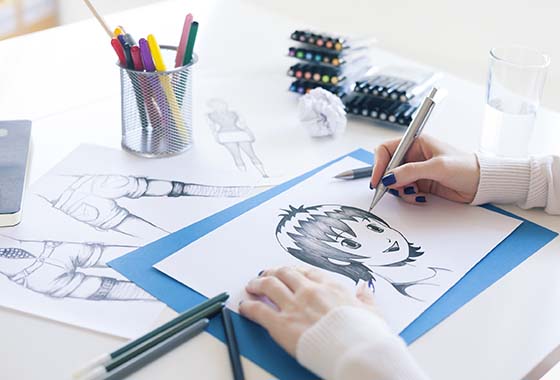Arts Innovation: Innovating Creative Cultures—Arts Tech
Our Hong Kong Foundation Launches New Research Report on
Arts Innovation: Innovating Creative Cultures—Arts Tech
Our Hong Kong Foundation (OHKF) has released a new research report today on Arts Innovation with the title ‘Innovating Creative Cultures—Arts Tech’. This Report is the first-of-its-kind in Hong Kong to discuss the development of ‘arts x technology’ (arts tech). It advocates the convergence between the creative and technology sectors for generating new possibilities and opportunities for Hong Kong's creative industry and society at large.
The Report states that the convergence of arts and technology is becoming an observable global trend. Apart from innovating existing art forms, developing arts tech can render fresh opportunities for the entire arts sector, as well as the broader cultural and creative industries (CCI). The economic potentials of the CCI are enormous, as they can help promote a more diverse economy, provide new career options for young people, and create more opportunities for them overall. Among different sectors in the CCI in Hong Kong, the Interactive Media, Software, Computer Games sector (IMSCG) accounts for the largest share of the entire CCI (28% and 45% respectively) both in terms of employment and economic contribution. Since 2013, the IMSCG sector’s contribution towards Hong Kong’s GDP has been growing, forming an irreplaceable driving force in promoting the development of arts tech. Furthermore, the Report highlights the vast possibilities that may emerge if Hong Kong can properly harness industry talents to further arts and technology development.
In order to enhance Hong Kong's arts tech development in the long run, the Report recommends Hong Kong demonstrates top-down commitment at the policy level, with reference to the successful examples of the UK, South Korea, and Taiwan, to foster arts and technology collaboration in four areas: blueprint, funding, infrastructure, and network.
1. Devise a Cultural Blueprint on Arts Tech that Brings Cultural and Technology Sectors to Work Together
The Report underlines that the Hong Kong Government has yet to devise a blueprint for the development of arts and technology, which has led to a lack of direction, support, and motivation among the cultural and technology sectors in terms of achieving breakthroughs in arts tech. Correspondingly, the Report recommends the Government commits through top-down strategies and makes a call for collaboration between the arts and technology sectors— with reference to the Culture Is Digital blueprint (2018) derived from the UK’s Culture White Paper as well as other key policy documents for arts tech development in South Korea and Taiwan, to devise a cultural policy blueprint specific for Hong Kong’s arts tech development. The blueprint should cover three indispensable policy arenas—funding, infrastructure, and network and capacity building.
As arts tech straddles across multiple sectors, the Report recommends the Government appoints a leading bureau that champions the implementation of an arts tech blueprint, whilst coordinating the Home Affairs Bureau, the Commerce and Economic Development Bureau, as well as the Innovation and Technology Bureau, to ensure the blueprint’s comprehensiveness and sustainability.
2. Broaden the Scopes of Existing Funding Mechanisms, and Set Up a Dedicated Arts Tech Funding to Specifically Support Collaboration Between the Arts and Technology Sectors
In terms of funding, there is currently no funding dedicated to arts tech in Hong Kong with the mandate of promoting cross-sector collaboration between the arts and technology sectors. At present, there are only individual funding schemes that accept and support projects with elements of arts and technology, but they are not specifically designed and geared towards arts and technology convergence. Most of these schemes cover only either the arts, or technology sector, which have yet to achieve the goal of promoting cooperation and cross-fertilisation between the two realms.
For the short term, the Report recommends broadening the scopes of current funding mechanisms. For instance, the Technology Voucher Programme (TVP) under the Innovation and Technology Fund (ITF) should diversify the nature of its supported projects and broaden funding guidelines, to include projects that inspire innovation and bear creative value. As for long-term measures, the Report proposes the Government sets up new funding with cross-bureau involvement that is dedicated to supporting cross-sector collaboration between the arts and technology sectors, and providing fully-subsidised grants and part-financed schemes to meet the different needs and aspirations of incoming applications.
3. Set Up Creative Innovation Research Infrastructure for Testing and Experimenting New Ideas
Moreover, there remains room for improvement in terms of Hong Kong’s support for arts and technology infrastructure, in particular the lack of testing spaces and venues for research, prototyping, and experimentation. Creative culture does not fall within the ambit of the current five main government-appointed R&D centres in Hong Kong.
Therefore, the Report recommends the Government bolsters arts tech infrastructure in three aspects, including strengthening the development of existing local research infrastructure facilities, such as the City University of Hong Kong’s School of Creative Media and the Hong Kong Baptist University’s Creative Media and Practice Research Cluster, as well as adding spaces for experimenting and testing at the West Kowloon Cultural District, public museums, and other art venues. Another recommendation is to establish a creative innovation research infrastructure that comprehensively supports the development of arts tech with focus on five areas: i) research and development; ii) industry application channel; iii) creativity and innovation driver; iv) incubation and scaling-up; and v) public involvement.
4. Build a Digital Culture Platform that Creates a Network of Expertise, and Sharing of Best Practices
An obvious information gap exists between arts, and technology sectors in Hong Kong today, making it difficult for the two sides to cooperate systematically. Although there are currently several cultural institutions in Hong Kong that have their own directories, the information in these directories is scattered, unconnected and mostly inactive, which has yet to fulfil the function of connecting different sectors and supporting their development.
In order to promote better collaboration between arts and technology professionals, the Report recommends the Government takes reference from the UK's ‘Digital Culture Network’—a leading bureau allocates funds for the setting up of a digital culture platform, which will be built and run by an intermediary. The proposed platform can also take reference from South Korea's ‘Content One Campus’, which establishes close connections and partnerships among universities, research centres, and the industry. In addition, the Government shall set farsighted KPIs for the digital culture platform to provide the industry with standardised metrics and tailor-made digital development plans that help raise the sector’s level of digital maturity.
Mrs Eva Cheng, Executive Director of OHKF, said: ‘The development of arts tech not only enables Hong Kong's cultural ecosystem to keep pace with the world, but also brings together talents from the arts and technology sectors to fully leverage their strengths and build a strong yet sustainable network connecting the industry, research centres, and universities. This will unleash Hong Kong’s potentials for creativity and innovation, and revitalise Hong Kong’s artistic and cultural scene.’
Professor Anthony Y.H. Fung, Co-Director of Hong Kong Institute of Asia-Pacific Studies of The Chinese University of Hong Kong, commented: ‘Hong Kong needs more infrastructural support catered towards supporting the cultural and creative industries for research and experimental testing purposes. If the Government is able to respond to the needs of the industry by fully expanding existing facilities and establishing new art tech testing and experimental sites, it will generate more opportunities for the industry, contribute to the long-term development of Hong Kong's economy, and further strengthen Hong Kong's competitiveness as well as soft power.’
Mr Kenny Shui, Assistant Research Director of OHKF, pointed out: ‘One of the decisive conditions for the effective development of arts tech in Hong Kong is the establishment of a cross-bureau arts tech funding to specifically support the cooperation between the arts and technology sectors, encouraging proposals with creative and innovative value from both sides. This will effectually unlock the creative potentials of all parties and bring breakthroughs to the development of arts tech in Hong Kong.’
Ms Helen So, Researcher for Arts Innovation of OHKF also said: ‘Rather than asking arts communities to all ascribe to using technology “for the sake of it”, this report brings to light the increasing presence of technology in our lives—and how it can be an additional option for artists to incorporate into their practice if it adds to their work. Tech may be a new form of canvas, or tool, which has become more widely available for modern day artists and audiences, but the original principles of art (as a form of expression) has not changed. If you believe art to have its own intrinsic value, this value will not change as a result of technology; it will always prevail.’
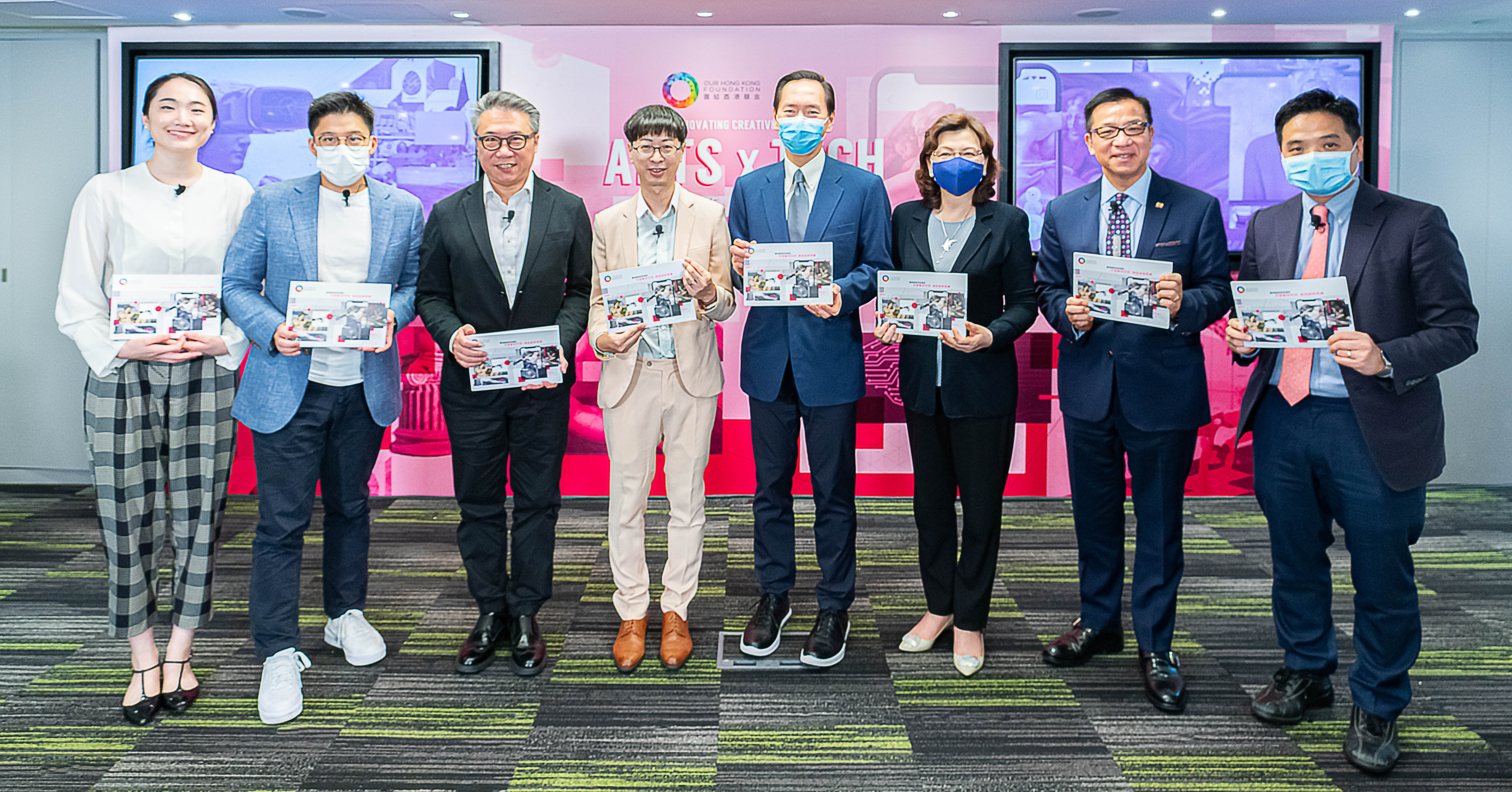
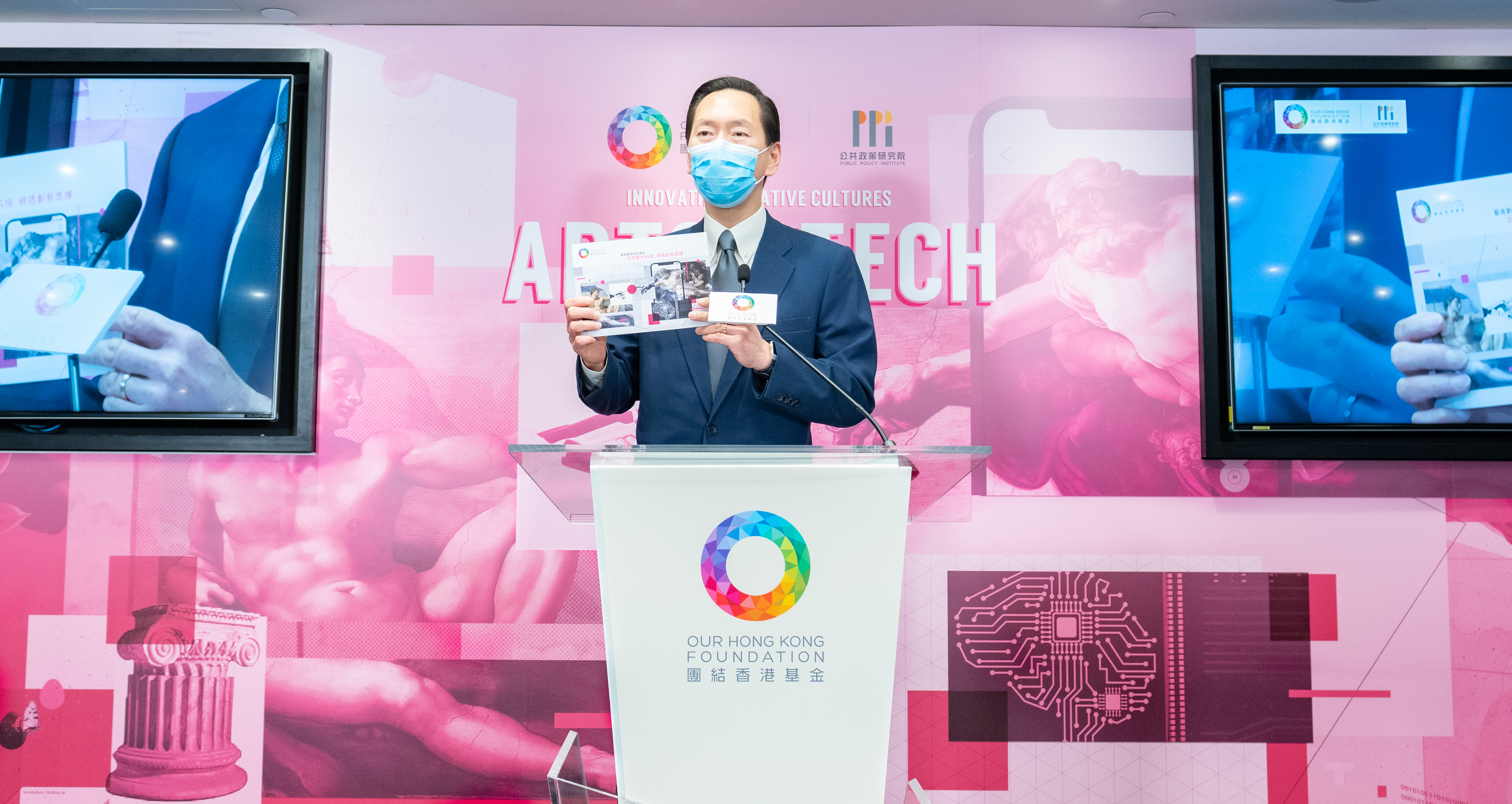
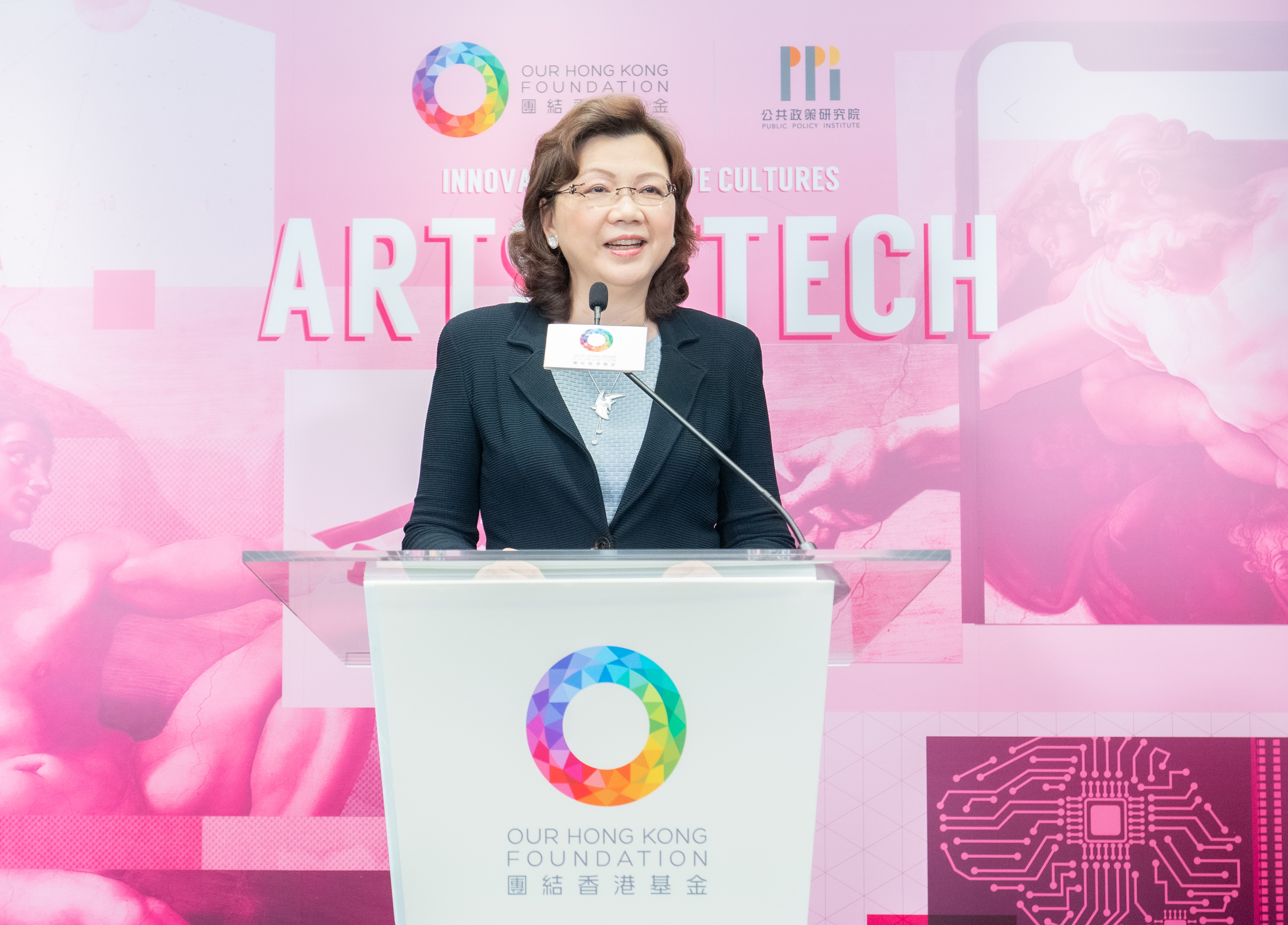
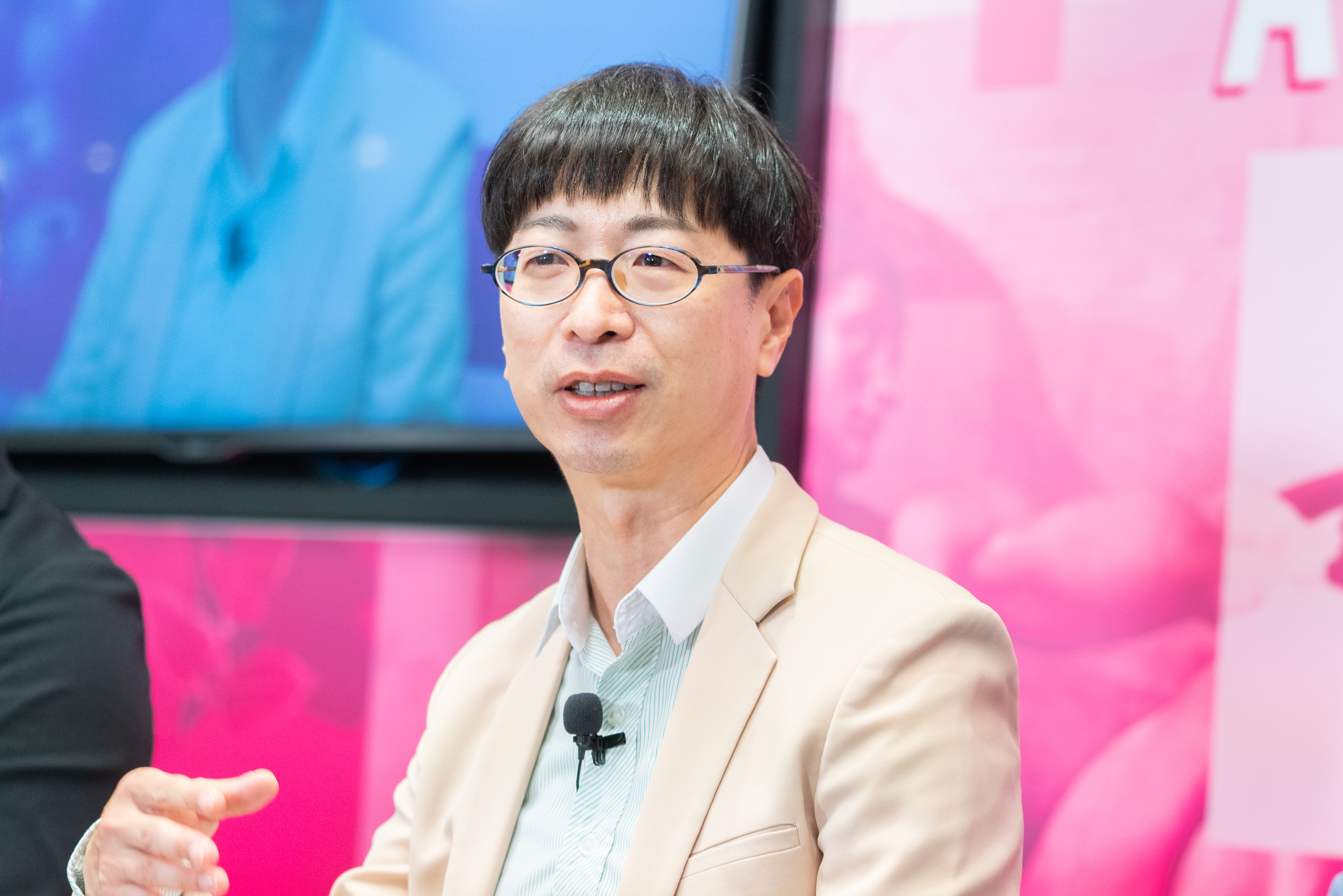
Full report of ‘Arts Innovation Research: Innovating Creative Cultures—Arts Tech’:
Chinese version: https://bit.ly/378R6Zd
English version: https://bit.ly/37493rV
Report Video: https://bit.ly/2AJTBF3
